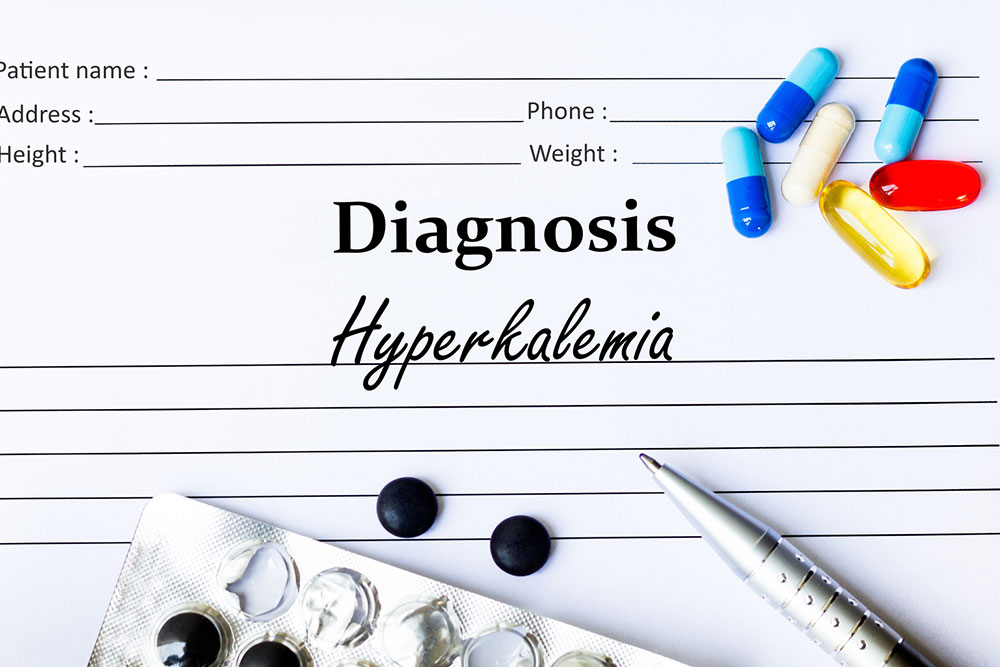Hyperkalemia Explained: Symptoms, Causes, and Treatment Approaches
This article provides a comprehensive overview of hyperkalemia, including its symptoms, causes, and treatment options. It highlights the importance of early detection and medical intervention for high potassium levels, emphasizing both emergency treatments and lifestyle adjustments necessary for long-term management. Staying informed about hyperkalemia helps prevent serious complications like heart failure and muscle paralysis.

Hyperkalemia: Recognizing Symptoms, Understanding Causes, and Exploring Treatment Options
Hyperkalemia occurs when potassium levels in the blood become abnormally high. Normal levels are between 3.6 and 5.2 mmol/L, but exceeding 6.0 mmol/L can be dangerous and requires immediate medical attention.
Signs and Symptoms
Symptoms depend on the severity. Mild cases may be asymptomatic, while elevated levels can cause numbness, nausea, breathing issues, chest pain, and irregular heartbeat. Quick identification is crucial, as severe cases can lead to paralysis or cardiac arrest.
Feeling of tingling or numbness
Nausea and vomiting
Shortness of breath
Chest pain or discomfort
Irregular heartbeat or palpitations
Urgent treatment is essential as critically high potassium can damage the heart and muscles.
Common Causes of Hyperkalemia
Several factors can trigger high potassium levels, including health issues and medication use.
Kidney problems, especially failure, hinder potassium removal.
Certain drugs like chemotherapy agents, ACE inhibitors, and ARBs can raise potassium. Excessive supplement intake is also a cause.
Dehydration, type 1 diabetes, Addison's disease, internal bleeding, or severe injuries causing cell breakdown can contribute.
Heavy alcohol or drug use leading to muscle damage releases potassium into the bloodstream.
Managing Hyperkalemia
Treatment involves emergency procedures and ongoing care.
In urgent situations, treatments include hospitalization and rapid corrective measures such as:
Administering IV glucose and insulin to lower potassium levels by shifting it into cells.
Injecting calcium IV to protect the heart temporarily.
Using medications that facilitate potassium elimination or intracellular shift.
Administering sodium bicarbonate to counteract acidosis.
Performing dialysis if kidney function is compromised.
Avoiding potassium supplements if relevant.
Employing diuretics to promote kidney excretion of potassium.
Once stabilized, long-term strategies include following a low-potassium diet, avoiding supplements, and leading a healthy lifestyle. Always consult healthcare professionals before attempting home remedies, as untreated hyperkalemia can cause severe health issues.


